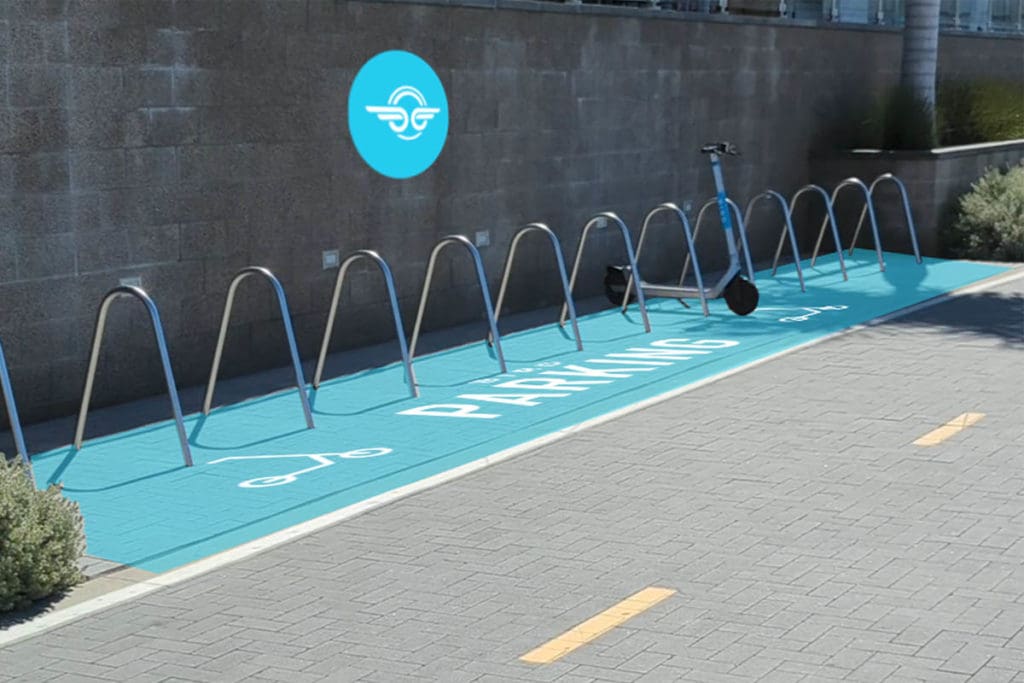e-Scooters Set For Legalisation in UK Under New Regulations

London, UK
Private-use e-scooters are set to be legalised for use in public spaces in the UK, after the Government announced it will introduce new regulations for smaller, lighter and low-speed micromobility vehicles.
The Department of Transport’s Parliamentary Under-Secretary, Baroness Vere of Norbiton, last week told parliament a new transport Bill would create a “low-speed, zero-emission vehicle category that is independent from the cycle and motor vehicle categories”.
“New powers would allow the Government to decide the vehicles that fall into this new category in future and how they should be regulated to make sure that they are safe to use. We hope that e-scooters will be the first of these vehicles.”
Her announcement followed heightened speculation and some disappointment when e-scooter legalisation with implied but not specifically mentioned during the annual Queen’s Speech two days earlier.
Prince Charles, who delivered the speech for the first time because of the Queen’s ill health, told the House of Lords:
“My Government will improve transport across the United Kingdom, delivering safer, cleaner services and enabling more innovations.”
While the speech’s references to transport innovation then focused on modernising rail services, the micromobility industry interpreted it as a nod towards legalising e-scooters.
In April, transport secretary Grant Shapps said an update on the legalisation of private-use electric scooters would be included in this year’s Queen’s Speech, which traditionally marks the start of the parliamentary year.
He told the House of Commons Transport Committee the Government planned to introduce legislation to allow the Government to regulate e-scooters during the 2022-23 parliamentary session.
Obvious Popularity
During the second day of parliamentary debate of the Queen’s Speech, Baroness Vere of Norbiton, confirmed: “Safety is also at the heart of our plans to create a regulatory framework for smaller, lighter, zero-emission vehicles, sometimes known as e-scooters.
“Their popularity is clear, and new rules are needed to improve safety and crack down on illegal use while unlocking innovation and growth in this emerging multi-billion-pound industry.”
The confirmation brought a flurry of activity from e-mobility providers, with leading e-scooter operators Bird, Voi and Beryl welcoming the announcement of the new category.
A statement from Bird says the regulations would increase micro-electric mobility access for millions.
“Any expected laws legalising personal e-scooters on UK roadways likely won’t take effect for months, but their impact is already highly anticipated,” it says.
A study by UK e-mobility manufacturer Pure Electric reportedly found more than 13 million people earning less than £25,000 (A$44,159) annually would consider using an e-scooter if legalised.
The UK’s leading scooter share provider, Voi, said it was “sending multi-billion rounds of applause to Baroness Vere and the Department for Transport for acknowledging the growth and importance of our industry, and we welcome the government’s commitment to decarbonise transport and transform the way we travel”.
“Over 12 million rides have been taken on Voi e-scooters and e-bikes in the UK since the launch of the trials in 2020 and we have seen a 39% modal shift from cars to e-scooters, representing an estimated 4.5 million short car trips replaced,” Voi says in its online blog.
“This exciting development acknowledges the fact that shared e-scooter schemes have successfully demonstrated they can be safely integrated with other forms of public transport,”
bicycles and walking to give people carbon-free, safe, affordable and convenient transport options.
“Voi supports in principle the notion of private scooter use as it promotes a sustainable mode of transport – but regulations which permit their usage must ensure a level playing field between rental and private vehicles to ensure riders, pedestrians and other road users are safe.”
